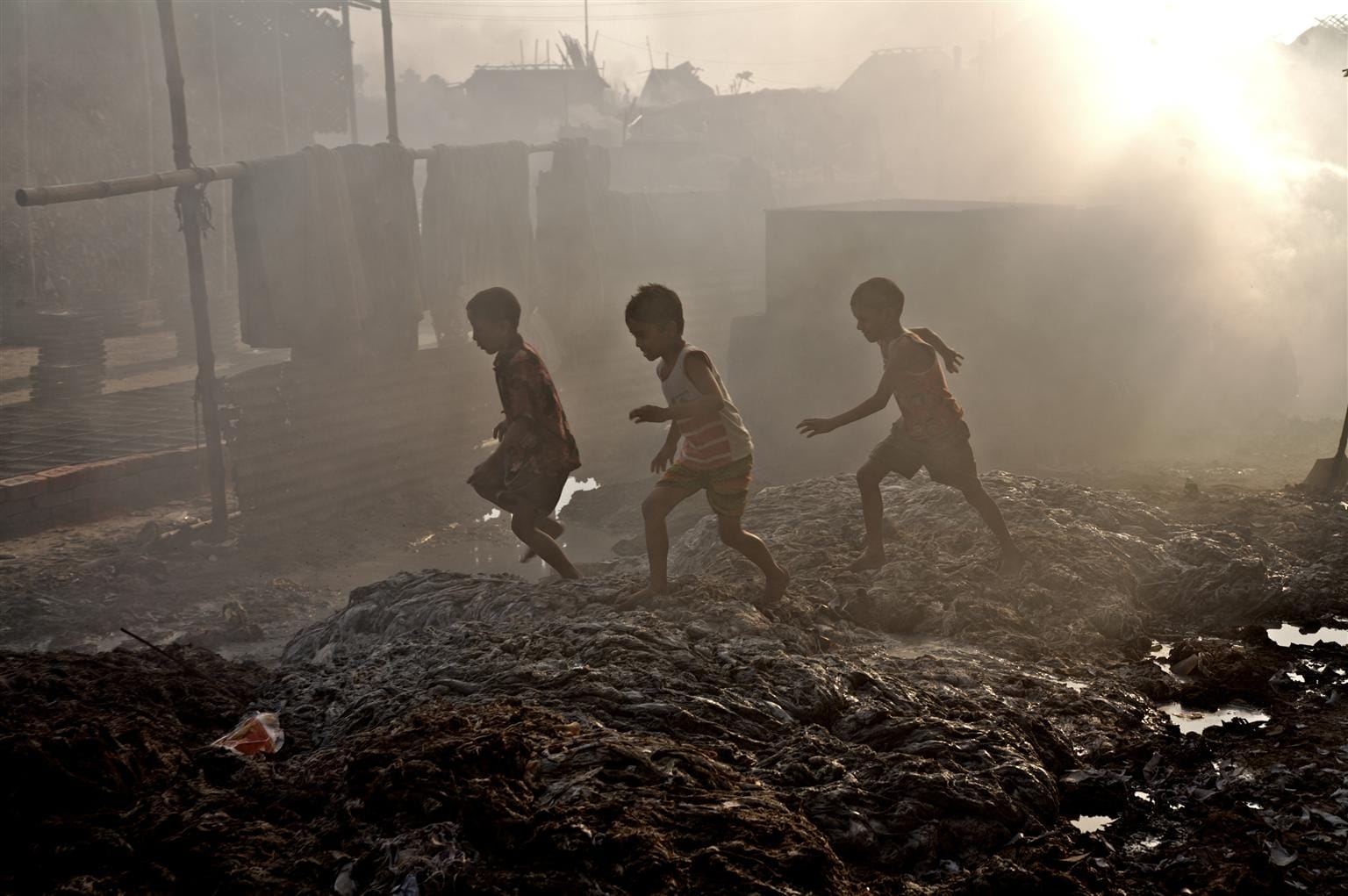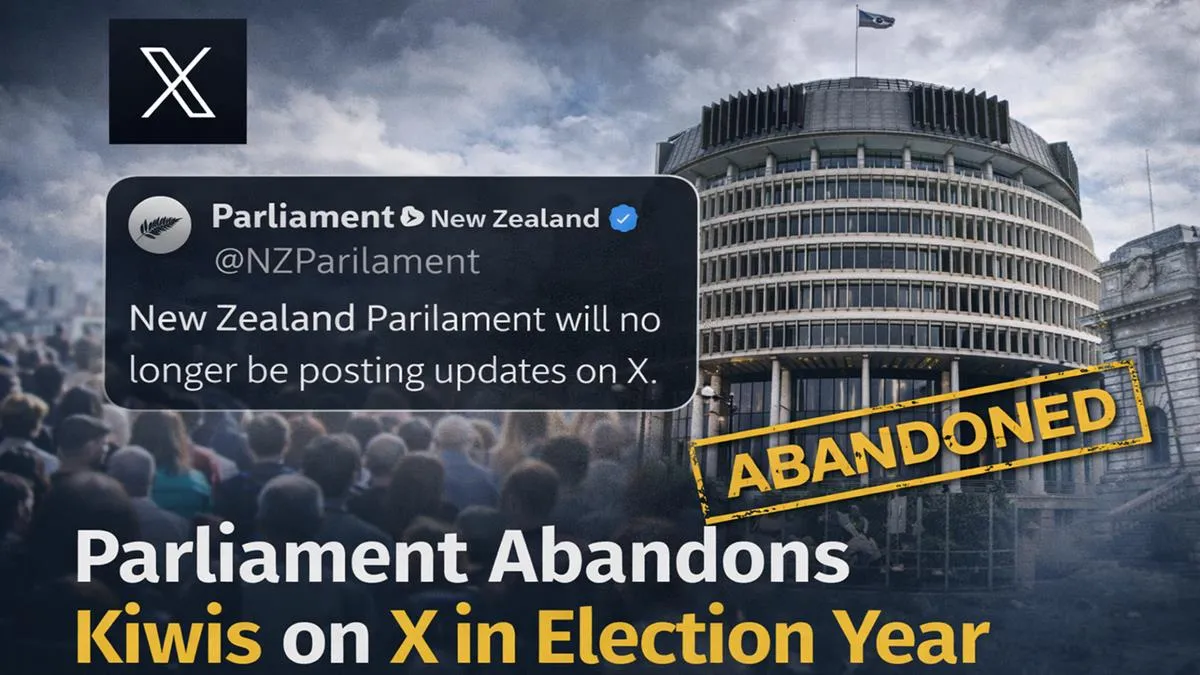Table of Contents
If you don’t have a Silver level membership yet you are missing out on our Insight Politics articles.
Today is a FREE taste of an Insight Politics article by writer Chris Trotter.

Labour and the Poor
Labour’s got a problem – and it really is a big one. Essentially, Labour doesn’t like the poor. Now, when your party was founded by a class that was not only poor, but also inordinately proud of being poor, not liking the poor poses something of a challenge.
This is especially so when, in spite of all the awful things it’s done to them, the poor go on voting for Labour in embarrassingly large numbers. It must be so vexing for the Labour leadership. Their ideological convictions rule out the sort of policies that would actually help the poor. Indeed, since 1984, Labour politicians have demonstrated that they would rather lose power than lose the good opinion of New Zealand’s leading capitalists.
Nevertheless, Labour has to make some show of wanting to help poor New Zealanders – even when they have absolutely no intention of doing so. The party can hardly begin its election campaign by erecting billboards saying: “Hey, poor people. We really don’t want your votes. Give them to a party that cares.”
Interestingly, there is a 1998 Hollywood movie called Bulworth, written by, directed by and starring Warren Beatty, whose whole plot is based on a politician who, believing he is about to die, starts telling the truth to his Democratic Party voters. This exchange, for example:
Angry Black Woman: Are you sayin’ the Democratic Party don’t care about the African-American community?
Senator Jay Billington Bulworth: Isn’t that OBVIOUS? You got half your kids are out of work and the other half are in jail. Do you see ANY Democrat doing anything about it? Certainly not me! So what’re you gonna do, vote Republican? Come on! Come on, you’re not gonna vote Republican! Let’s call a spade a spade!
[Loud, angry booing]
Senator Jay Billington Bulworth: I mean – come on! You can have a Billion Man March! If you don’t put down that malt liquor and chicken wings, and get behind someone other than a running back who stabs his wife, you’re NEVER gonna get rid of somebody like me!
I don’t think Hollywood would dare make such a movie today – huh?
So, why doesn’t Labour like the poor anymore?
The answer is something of a paradox. When Labour began in 1916, very few working-class New Zealanders had a great deal to come and go on. Overwhelmingly, they were at the mercy of bosses, landlords, loan-sharks – you name it. This was especially true after the bottom fell out of the New Zealand economy in 1929.
Thing is, if everybody you know is poor, then poverty carries no stigma. You are a victim of a failed economic system. So, what do you do? You fix the system. Lift up your whole class. Give them jobs, unions, state houses, free health care and education. Suddenly, the workers aren’t poor any more. What does that mean? It means that anyone who refuses to remain a member in good standing of Labour’s “Commonwealth of Toil” deserves nothing but scorn.
Labour’s extraordinary success between 1935 and 1949 meant that poverty ceased to be a badge of honour and surprisingly quickly became a badge of shame. Labour had made poverty disreputable.
The children and grandchildren of those Labour battlers of the 1930s and 40s did even better than their elders had hoped. By the 1960s, the best and the brightest of the working-class were attending university – the first of their families to do so. Raised by their now comfortably off working-class mums and dads in the Keith Hay and Beazley homes of the 1950s, they found themselves, 20 years later, making that critical social transition to the middle-class.
And then they started having kids of their own. Kids raised in middle-class comfort, in middle-class neighbourhoods, at middle-class schools. Kids imbued with all the meritocratic expectations of a belief system that makes social and material success seem only right and proper – and well deserved.
Mickey Savage’s great-grandchildren didn’t know any poor people. Didn’t have any reason to visit deprived neighbourhoods. Didn’t really understand the who, what, when, where or why of poverty. Except, of course, that it had a different skin colour, spoke English with a different accent and was generally agreed to be self-inflicted.
Labour, 35 years on from the 1940s, had no idea what to do with the poor. Ridding society of its economic and social “tail” – that recalcitrant 15-25% of the population which stubbornly refuses to follow the example of the white working-class by getting up and out of poverty – would require a redistributive effort that would be politically next-to-impossible to sell to the two-thirds of New Zealand society who are doing very nicely, thank you.
Lifting up more than half the country, in a democracy, is eminently doable – even at the expense of the other half. But, lifting up 15-25% of the population, by taxing heavily the other 75-85%, is a very daunting democratic ask. In fact, if the political history of the past 40 years is anything to go by, it simply can’t be done.
But still, Labour is lumbered with the impossible burden of its past. Party of the workers – when they’re all self-employed tradies and creaming it. Party of the poor – when they’re no longer heroic and aspirational, but ignorant and violent and mired in a hot, racial mess that defies with equal vehemence every moral judgement and every practical remedy.
And so the wooing goes on. Brave promises to end the deprivation and victimisation of the poor, made safe by the party carefully identifying and uplifting all those who might just find it in themselves to emulate Mickey Savage, Peter Fraser, Paddy Webb and Jack Lee by organising the very rock-bottom of the barrel.
Because, at the end of the argument, poverty is still about capitalism and the price it extracts from human beings to keep the wheels turning and the profits flowing.
That said, I’ll leave the last word to Senator Bulworth’s lady friend, Nina (played by Halle Berry):
Senator Jay Billington Bulworth: Why do you think there are no more black leaders?
Nina: Some people think it’s because they all got killed. But I happen to think it’s because of the decimation of the manufacturing base in the urban centres. An energized optimistic population throws up energized, optimistic leaders. And when you shift manufacturing to the Sun Belt and the Third World, you destroy the blue collar core of the black activist population. Higher domestic employment means jobs for African Americans. World War meant lots of jobs for black folks: That is what energized the community for the Civil Rights movement of the ’50s, the ’60s. An energized, hopeful community will not only produce leaders, but more importantly it’ll produce leaders they’ll respond to. Now what do you think, Senator?
If you enjoyed that FREE taste why not subscribe to a SILVER level membership today?
You will not only get access to Insight Politics articles like the one above but you will also gain access to all our puzzles, SonovaMin and BoomSlang’s fantastic cartoons, and our private members’ forum MyBFD as well as enjoying ad-free viewing.
$25 a month ($6.25 a week) (89c a day)
$300 a year









